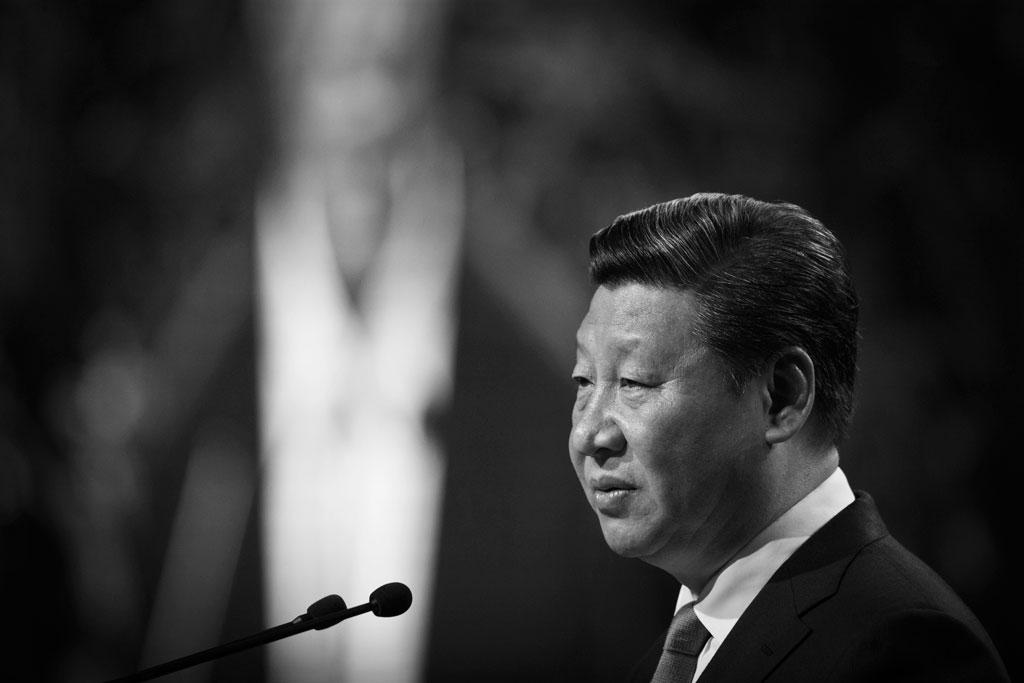As the ongoing anti-corruption drive launched by China’s ruling communist administration clamps down on thousands of Party officials, even the family of general secretary Xi Jinping has to take heed of the changing political environment.
The recent closure of Xinyou Tongxun, a Chinese information technology company linked to Xi’s elder sisters, has invited speculation about the motives of the regime boss, as well as who may be the newest targets in his efforts to tighten the screws of political power.
As reported on Dec. 31 last year by Singapore newspaper Lianhe Zaobao, the ten-year-old company was under the management of Xi An'an, Xi Jinping’s elder sister, and her husband Wu Long. Relatives of Xi’s other elder sister, Qi Qiaoqiao, who worked at Xinyou Tongxun had quit their positions there as well.




